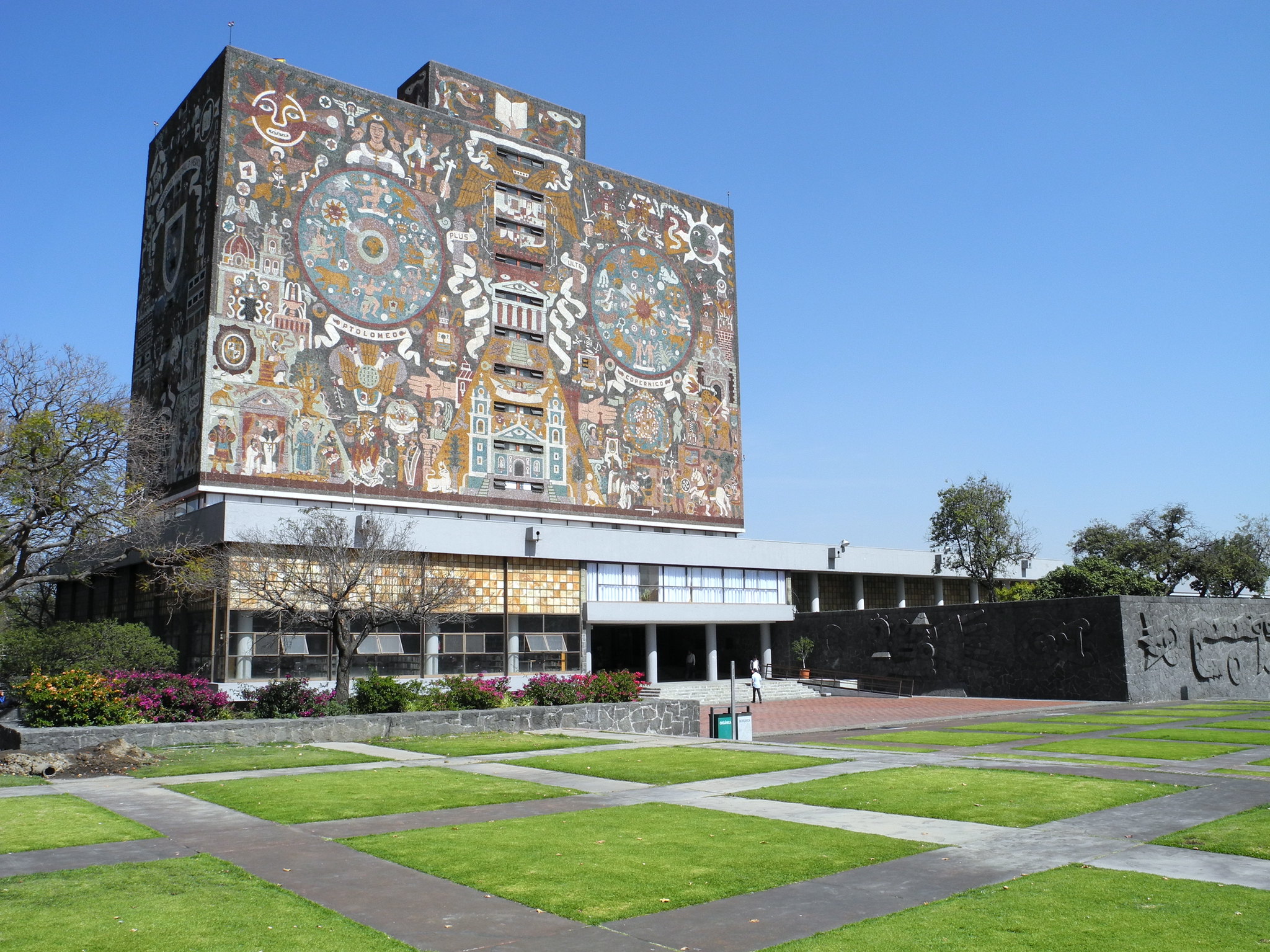Identifying Early Barriers to Higher Education Access in Mexico City

Universidad Nacional Autónoma de México (UNAM), Ciudad de México. Credit: mabi2000 / Flickr
School choice systems are prevalent in developing and middle-income countries, where school assignment can potentially be a high-stakes decision for later-life outcomes. This project studies how family networks influence school choice. Using variation in school assignments generated by student-level microdata from fourteen years of Mexico City’s high school choice system, results demonstrate a strong causal influence of older siblings on their younger siblings’ school choice behavior. This relationship also holds true for younger siblings’ attendance of distinct but observably similar schools, and the correlation remains large and positive even when siblings are too far apart in age to attend school together. The study finds that this causal influence is more consistent with information transmission and a tendency to imitate past decisions (i.e. path dependence) than sibling competition or parental pressure. These results point to significant externalities from policies that alter the distribution of school assignments, suggesting that any such policy will also spill over onto younger siblings’ school preferences. Examples of such policies include affirmative action, information campaigns in public school systems, and recruiting efforts by private schools.

